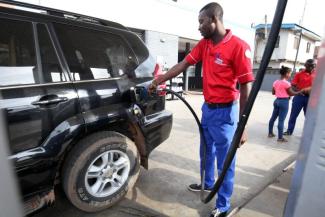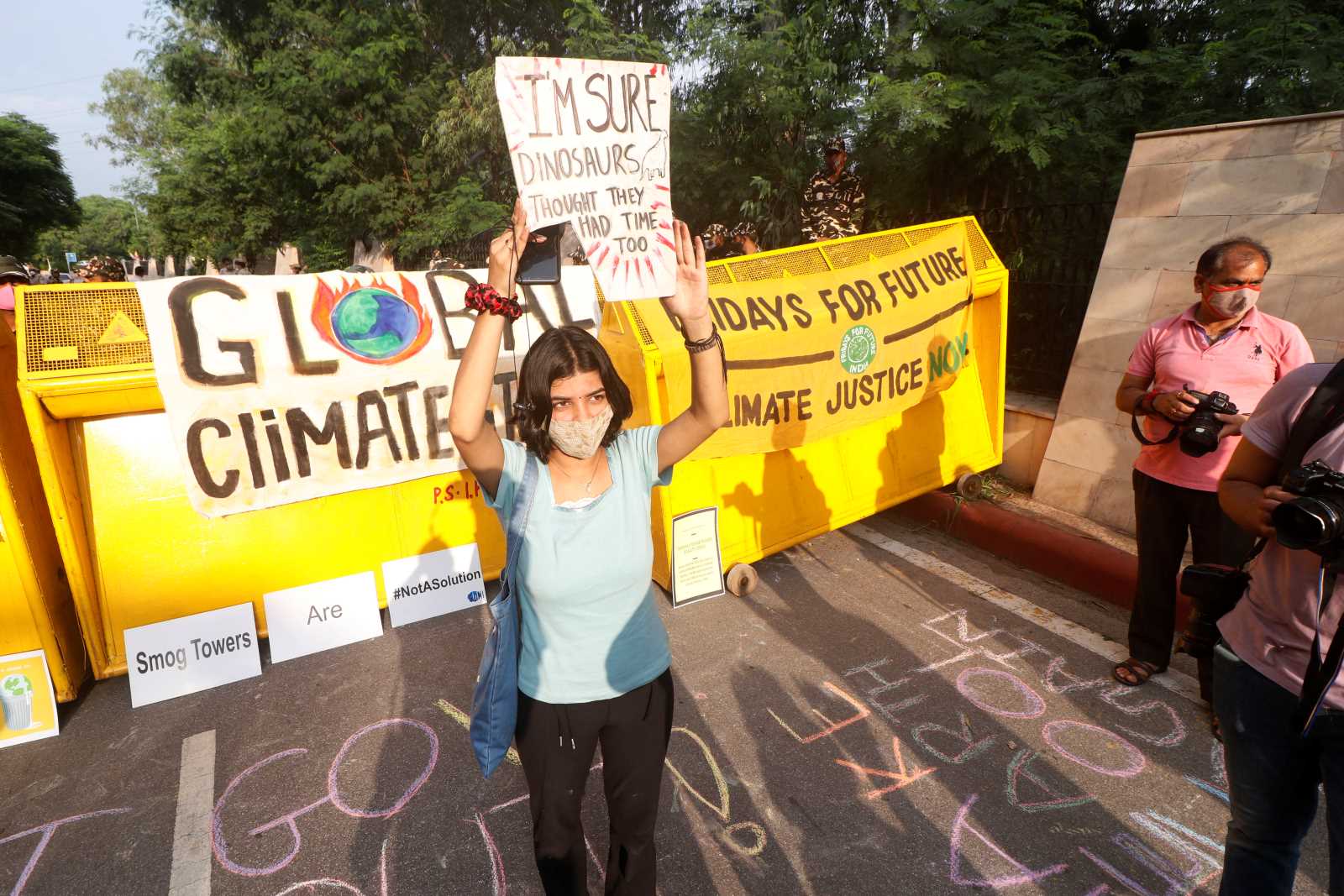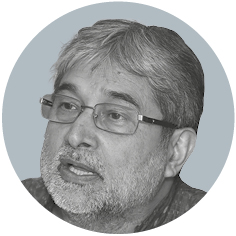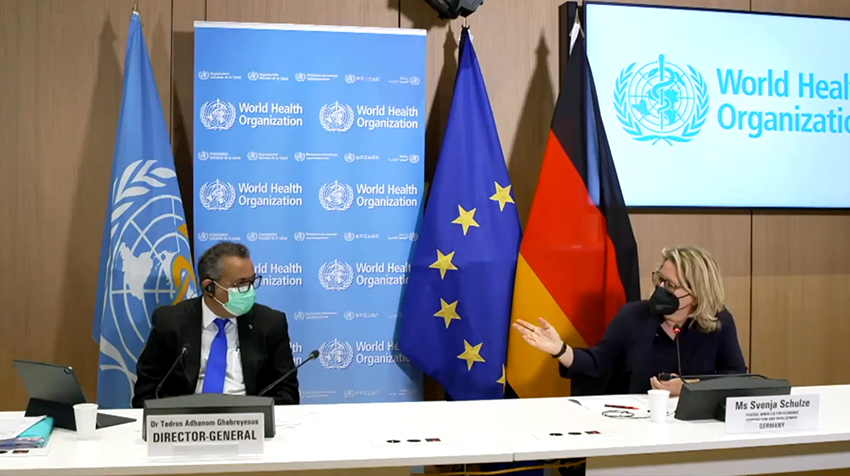Paris summit
Partnerships for climate action

We cannot wait for a master plan and for everyone to agree before we take action. The planet and people living in poverty do not have time to wait for the slowest countries and those least willing to act. Nations, organisations, companies and individuals willing to address specific development challenges should form coalitions for action and get started.
The global progress over the past decades has been unprecedented in human history. Extreme poverty has been halved. Child mortality has also been halved.
The remaining challenges are still huge. And for the climate it is important that we mobilise the political will to act. Recent data from the Pew Research Center showed there is a broad consensus among people from several European countries, China, India, United States, Brazil, Ethiopia and others to be part of an international agreement to limit the greenhouse-gas emissions. In the same survey, more than half of the people said that climate change is a very serious problem and that it is harming people now.
And seven out of ten also believe they will have to make major lifestyle changes to make the climate better. Only two out of ten believe technology can solve the problem. The people are obviously willing to act. And now, the humanity for the first time also has the capacity, knowledge and resources we need to end poverty and green our economies. A lot of good things have been done, and we should be inspired by the success stories to do more so we will live in a better world by 2030 – the world described in the Sustainable Development Goals (SDGs).
There are many more success stories. And there are plenty of other coalitions for action just waiting for leadership. Here are some suggestions:
- The UN-REDD rainforest coalition initiated by Brazil, Indonesia, other rainforest nations and a few donors have contributed to an 80 % reduction in deforestation in Brazil. Wilmar, Asia’s largest palm oil producer, has promised to not contribute to any further deforestation. It’s been an incredible success. Let us make it bigger and better.
- Grow Africa is a coalition of African governments and multinational companies working together to grow and green African agricultural system. Improving seed varieties and irrigation techniques can increase farmer’s yields and incomes while decreasing environmental impact. More such coalitions for action are needed.
- The United Nations Sustainable Energy for All initiative aims to mobilise the financial resources and political will to provide green energy to the 1.3 billion people currently without access to electricity and the billions with insufficient access.
- We need a coalition against fossil-fuel subsidies. Fossil-fuel subsidies cost developing countries close to $ 600 billion annually. Some poor countries spend more on subsidising cheap petroleum than on health and education combined. Fossil-fuel subsidies are expensive, mainly benefit the upper middle class and increase pollution.
- A global coalition is needed to protect our beautiful oceans currently under threat from climate change, pollution and overfishing. Developing countries are losing billions of dollars from illegal and unreported fishing while sustainable fishing could increase value of global fisheries by more than $ 60 billion. Pirate fishing alone deprives developing nations of 20 billion dollars and Somalia is losing more than its entire government budget. Coral reefs provide substantial protection against natural hazards by reducing wave energy by an average of 97 %. Reefs are ten times cheaper than human-made structures.
These are just some of the many potential coalitions for action that would be good for people and the planet. In the latest Development Co-operation Report from OECD we focus on partnerships and coalitions for action. We show how this way of working together can contribute to ending poverty and implementing the SDGs. The time to act is now.
Erik Solheim chairs the Development Assistance Committee of the Organisation for Economic Co-operation and Development.
http://www.oecd.org/dac
Link:
OECD, 2015: Making partnerships effective coalitions for action.
http://www.oecd.org/dac/development-co-operation-report-20747721.htm














